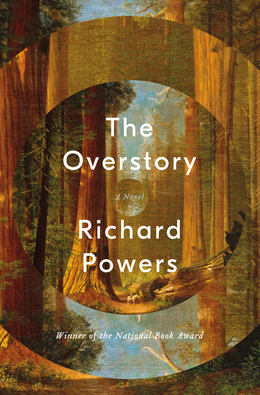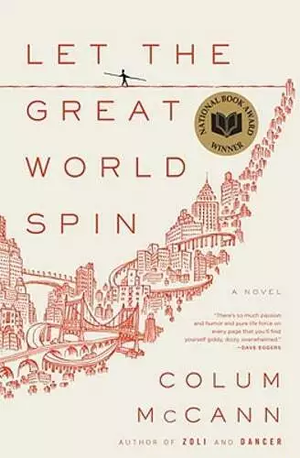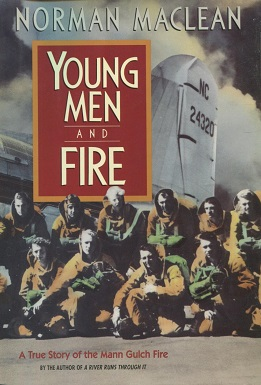- Messages
- 940
I first discovered Zora Neale Hurston in the 90's, and just fell in love with her. I bought a poster of her and had it mounted, and it's been hanging in my living room/s for the last 30 years. Her smiling, beautiful face has been with me for a long, long time.
Back then, I read everything she wrote, but I hadn't read anything since then. Recently, I started poking again through "Mules and Men," her collection of southern black folklore under the auspices of Franz Boas at Barnard College and patronage of Charlotte Osgood Mason. That got me interested in a new biography of her, "Wrapped in Rainbows," which I'm reading right now. It's really good.
Zora is such a fascinating lady. Just bursting with life. Most around her - both black and white - wanted to discuss black people as *black* people. But Zora insisted in talking about them as black *people." The black intelligentsia like Richard Wright, WEB Du Bois, and Alain Locke attacked Zora for ignoring all the evils and inequalities of the Jim Crow south, but Zora wasn't really interested in those things. She was interested in how her people lived, loved, sang, storied, fucked, fought, danced, and worshipped *in spite of* the racism and oppression - the hugeness and heroism beating in their hearts. The black intelligentsia was embarrassed by the language and uneducated ways of poor rural blacks (to say nothing of the white paternalistic liberals and MAGA-esque klansmen). Zora wasn't. She loved the language, and wasn't so stupid as to equate education with intelligence. The people she loved were poor, uneducated, oppressed, black, and fantastically original, creative, and beautiful. She judged her people not by the color of their skin, but by the content of their character. And you know what? She judged white people by the exact same standards.
I just love Zora. After this, I think I'll read Barracoons, her interview with the last living slave who was born in Africa (Nigeria), endured the middle passage, was enslaved in Alabama, and survived into his 90's to be interviewed by Zora. After that I think I'll re-read "Jonah's Gourd Vine" (her first novel), and then probably "Their Eyes Were Watching God." Then, any and all short stories I can get my hands on and "Moses, Man of the Mountain." Last, I might go back and read "Tell My Horse" and "Seraph on the Suwanee."
Anyway, I just love Zora. If you're interested in folklore, try "Mules and Men." Novels, try "Jonah's Gourd Vine." Biographies, try "Wrapped in Rainbows."
Her vision of race, art and the human spirit is one that we all need. It's deeply healing, and truly beautiful.

Back then, I read everything she wrote, but I hadn't read anything since then. Recently, I started poking again through "Mules and Men," her collection of southern black folklore under the auspices of Franz Boas at Barnard College and patronage of Charlotte Osgood Mason. That got me interested in a new biography of her, "Wrapped in Rainbows," which I'm reading right now. It's really good.
Zora is such a fascinating lady. Just bursting with life. Most around her - both black and white - wanted to discuss black people as *black* people. But Zora insisted in talking about them as black *people." The black intelligentsia like Richard Wright, WEB Du Bois, and Alain Locke attacked Zora for ignoring all the evils and inequalities of the Jim Crow south, but Zora wasn't really interested in those things. She was interested in how her people lived, loved, sang, storied, fucked, fought, danced, and worshipped *in spite of* the racism and oppression - the hugeness and heroism beating in their hearts. The black intelligentsia was embarrassed by the language and uneducated ways of poor rural blacks (to say nothing of the white paternalistic liberals and MAGA-esque klansmen). Zora wasn't. She loved the language, and wasn't so stupid as to equate education with intelligence. The people she loved were poor, uneducated, oppressed, black, and fantastically original, creative, and beautiful. She judged her people not by the color of their skin, but by the content of their character. And you know what? She judged white people by the exact same standards.
I just love Zora. After this, I think I'll read Barracoons, her interview with the last living slave who was born in Africa (Nigeria), endured the middle passage, was enslaved in Alabama, and survived into his 90's to be interviewed by Zora. After that I think I'll re-read "Jonah's Gourd Vine" (her first novel), and then probably "Their Eyes Were Watching God." Then, any and all short stories I can get my hands on and "Moses, Man of the Mountain." Last, I might go back and read "Tell My Horse" and "Seraph on the Suwanee."
Anyway, I just love Zora. If you're interested in folklore, try "Mules and Men." Novels, try "Jonah's Gourd Vine." Biographies, try "Wrapped in Rainbows."
Her vision of race, art and the human spirit is one that we all need. It's deeply healing, and truly beautiful.
Last edited:



